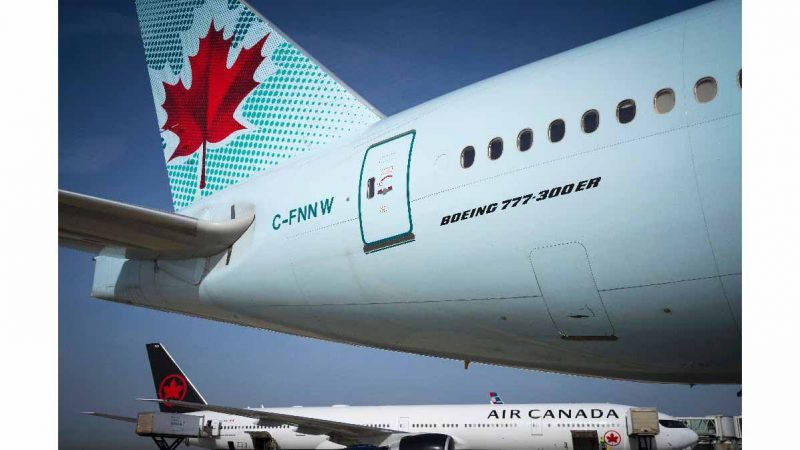Canada Enacts Passenger Bill of Rights
The new rules lay out passenger protections and compensations for all that goes wrong with airline travel
July 15, 2019

Airline passengers in Canada now benefit from a Passengers Bill of Rights that sets protections in black and white to cover cancelled and delayed flights, lost baggage, and other travel mishaps.
To that end, CAA-Quebec, the Canadian auto club franchise, has published a guide to the airline passenger bill of rights that summarizes the scenarios, requirements, and compensation set out in the new regulations, backed by examples. The idea is to make sure travelers know whether they are entitled to compensation and what to do to claim it.
“Basically, the more informed travelers are, the better their rights will be protected,” says Philippe Blain, Vice President of Travel Services at CAA-Quebec.
“A number of airline mishaps had made the headlines. It was clear something needed to be done to better protect and compensate travelers. All the carriers had to agree to ground rules to standardize the process and make it easier to navigate. That’s what the bill of rights will do,” he added.
In effect immediately:
• Clear, simple communication and regular updates in the event of flight delays or cancelations
• Compensation of up to $2,400 ($1840 US) for denial of boarding
• Tarmac delays limited to three hours (with some exceptions) and passenger comfort must be ensured
• Compensation of up to $2,100 ($1840 US) for lost or damaged baggage
• Policies for transporting musical instruments
In Effect December 15:
• Delays and cancellations: Provide food, drinks, and accommodations as needed.
• Ticket refund or transfer to another flight and/or compensation up to $1,000 ($766 US)
• Parents and young children travel together, at no cost
Why a Bill of Rights?
The new regulations were needed to ensure the ground rules for air travel are clear and fair. “They have the potential to improve the overall travel experience while providing adequate and consistent protection when unfortunate situations arise. At CAA-Quebec, we see it as a step in the right direction and an incentive to do even more,” said Blain.





